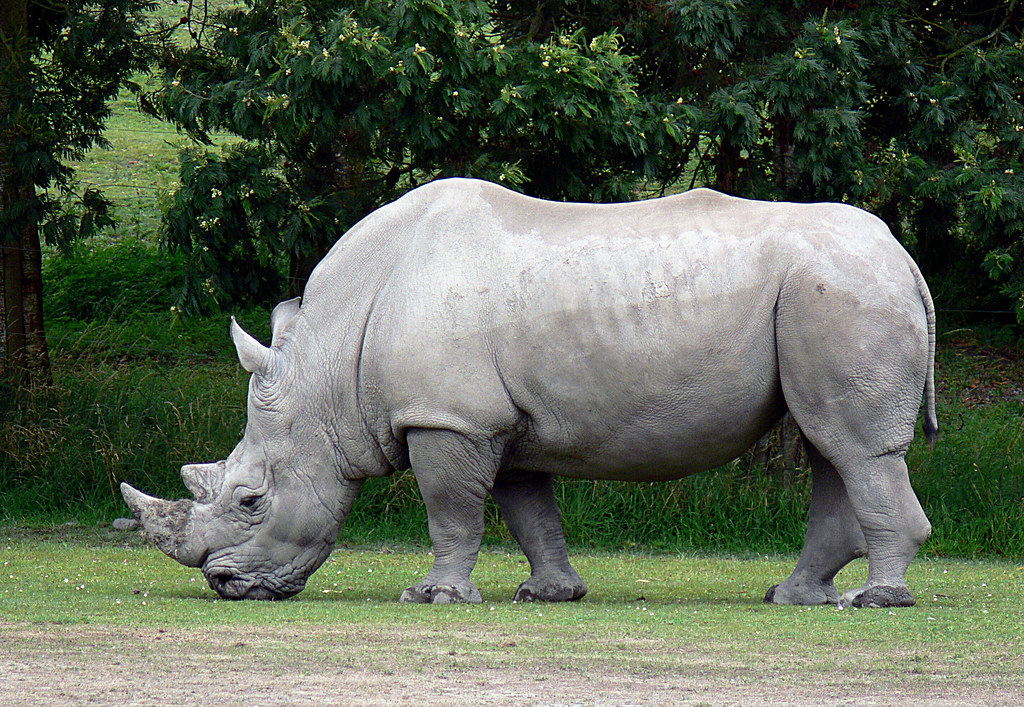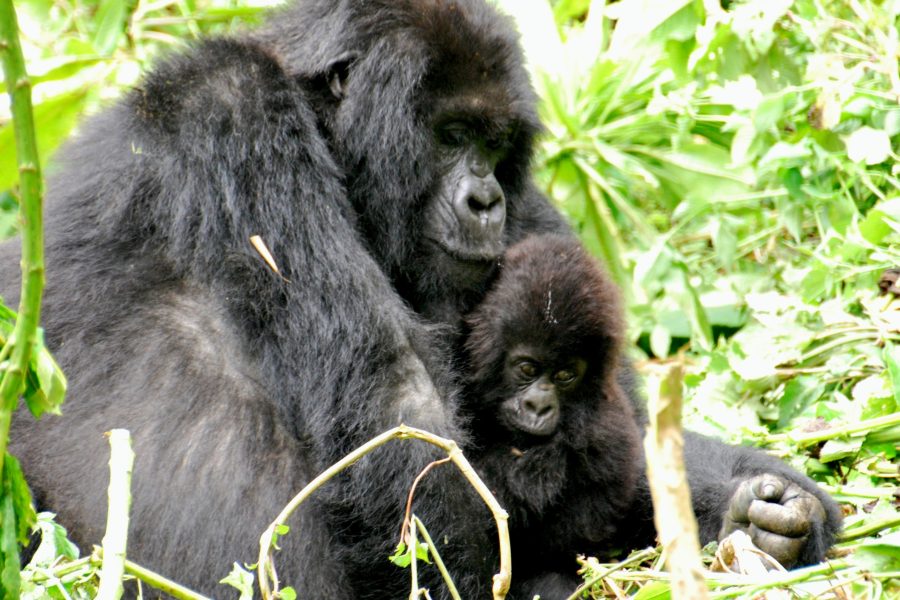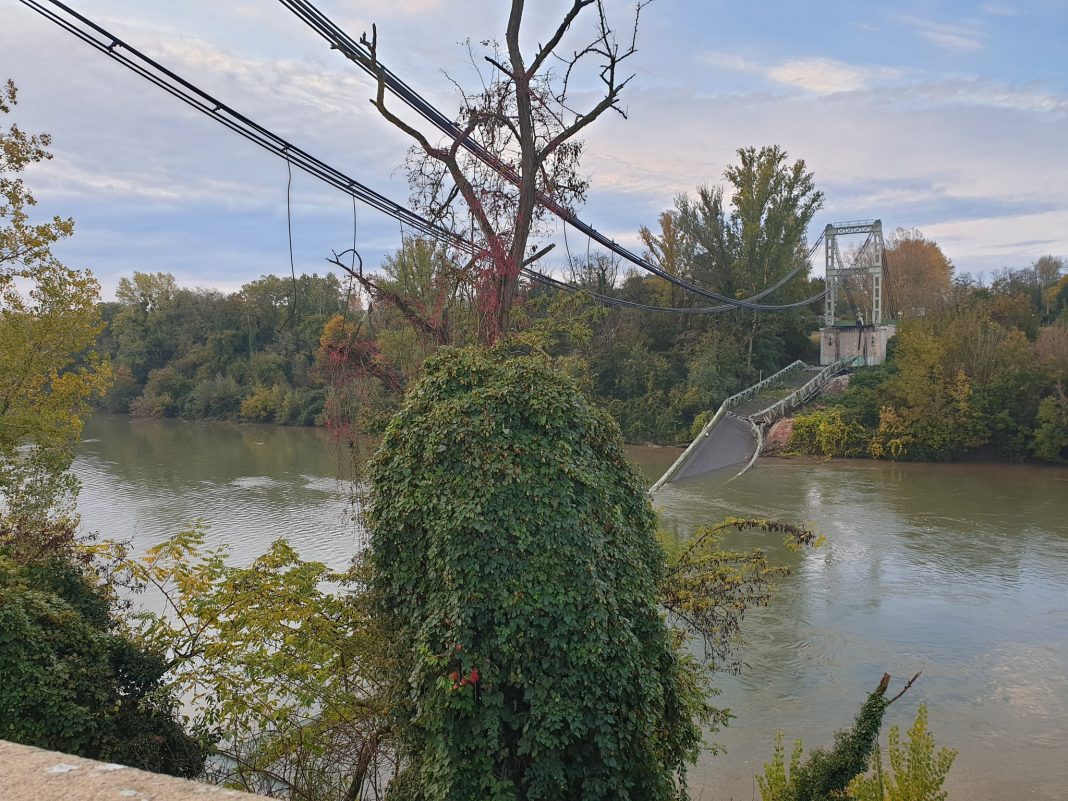Aug. 18–19 Ouaddai, Sila and Tibesti, Chad: After months of violence, President of Chad Idress Deby declared a state of emergency in the Sila and Ouaddai regions of the country on Aug. 18. The following day, the Tibesti region was also in a state of emergency due to the recent violence. The violence, which left 50 people dead since Aug. 9, is mostly between camel herders from the Zaghawa ethnic group and Ouaddian farmers, but it has since escalated by recent drought and population growth, according to Africa News. “From now, we will deploy military forces who are going to ensure the security of the population in the region,” Deby said at a press conference in Sila, according to France 24. “We must disarm all the civilians who have weapons in their hands.”
Aug. 19 Stein, the Netherlands: In the first instance of the implementation of a recent Dutch “burqa ban,” a woman was removed from a public bus by authorities when she refused to remove her niqab. Niqabs—face veils traditionally worn by Muslim women to cover the entire face except the eyes—are outlawed under the new legislation that went into effect in the Netherlands in January. When the niqab-wearing woman attempted to board the bus, the driver asked her to remove her headscarf before calling the authorities. Women who do not comply with the new law are subject to fines up to €150, or $167, according to Deutsche Welle. An Islam political party centered in Rotterdam announced they will pay the fines and legal fees of any woman who was penalized for the now-banned headscarfs.
Aug. 21 Luanda, Angola: The presidents of Rwanda and Uganda—who have been at odds for the last several months—signed a peace agreement on Aug. 21. Former allies, the president of Rwanda Paul Kagame and Ugandan President Yoweri Museveni accused each other of espionage, political killings and attacks on the other’s trade in recent months, according to Al Jazeera. “We have agreed on a raft of issues that will be implemented between our two countries, largely meant to improve our security, trade and political relations,” Museveni tweeted after the signing ceremony. “Uganda is fully committed to enforcing this agreement. Reuters reported there is international concern that if there was a renewal in violence between the two countries, it would result in bloodshed in Congo as it has previously.
Aug. 24 Miranda, Venezuela: A natural gas plant exploded on the night of Aug. 24. Although authorities have reported no one was killed, over 6,500 local residents were forced to evacuate from their homes when the fire from the explosion began to spread. An employee at the natural gas plant, was injured in the explosion but is being treated by medical personnel and is expected to make a full recovery, according to TeleSUR. Venezuelan President Nicolás Maduro requested authorities open an investigation to explore the possibility of foul play in the explosion.
Aug. 25 Cremona, Italy: Scientist Silvia Colleoni successfully fertilized seven eggs with the frozen sperm of two deceased white rhinos. Although 10 eggs were originally saved from the female rhinos, only seven successfully matured. The eggs were fertilized through a process called intra cytoplasm sperm injection in the hopes that in the future, the remaining female rhinos will be able to act as surrogate mothers for the embryos. “It does create a little emotion,” Colleoni told AP News. “After it was over, I was calm, but it’s a manual task, any error, any slipping, if it falls, will result in irreparable damage.” The success or failure of these seven embryos will determine whether or not the white rhino species will become extinct.






